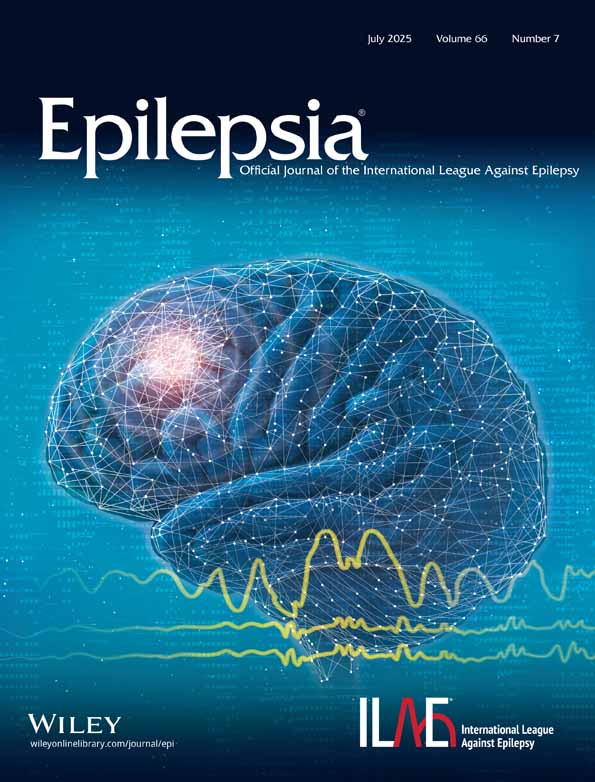A Psychosocial Approach to Epileptic Patients
Abstract
Summary: A psychoeducational approach was taken with 174 epileptic patients. Using this approach, no family problems were recognized among patients with idiopathic generalized epilepsy (IGE) or among those with symptomatic generalized epilepsy (SGE). However, 11 patients with temporal lobe epilepsy (TLE) and 1 patient with non-temporal lobe epilepsy (non-TLE) did exhibit family problems indicating that such problems involving IGE or SGE cases can be prevented through educational programs using a psychoeducational approach. This fails, however, to prevent such problems for TLE or non-TLE cases. Furthermore, small group psychotherapy was given to 10 patients with intractable TLE. They were directed to make self-evaluations regarding therapeutic factors originally introduced by Yalom but specially modified for these particular patients. Relatively high evaluations were given on every factor when compared with the results of individual psychotherapy. These results point out the importance of providing such psychotherapeutic approaches as group psychotherapy and self-help groups in addition to educational programs in order to enhance the quality of life (QOL) of epileptic patients and their families.




